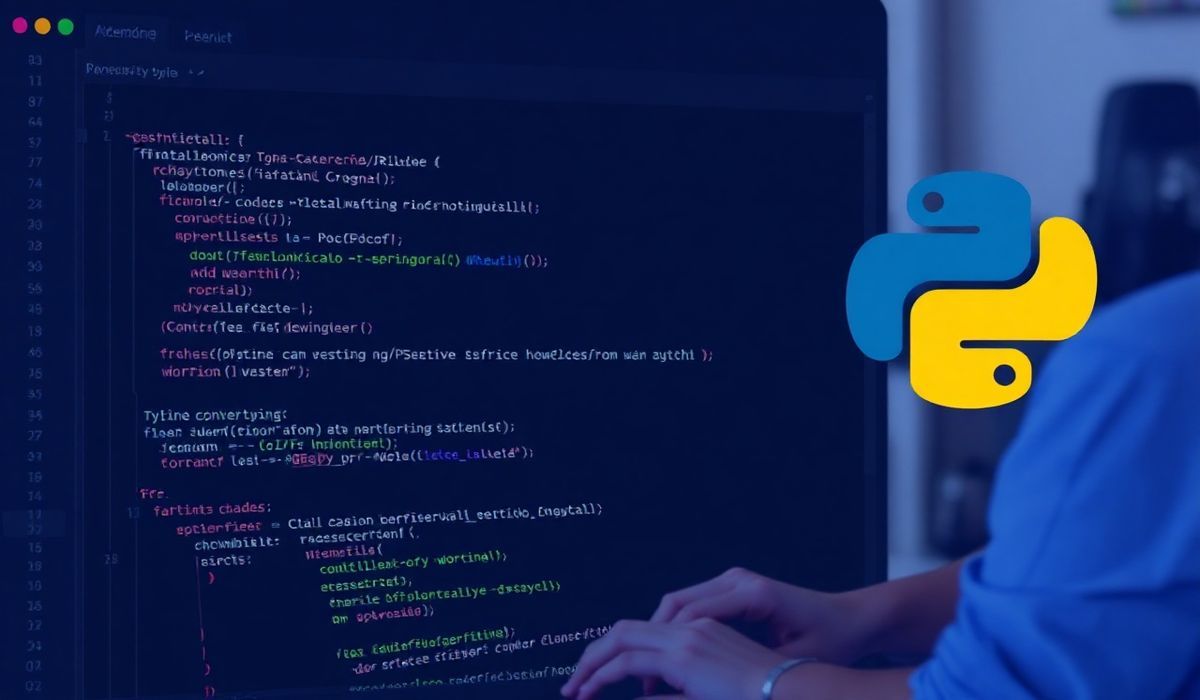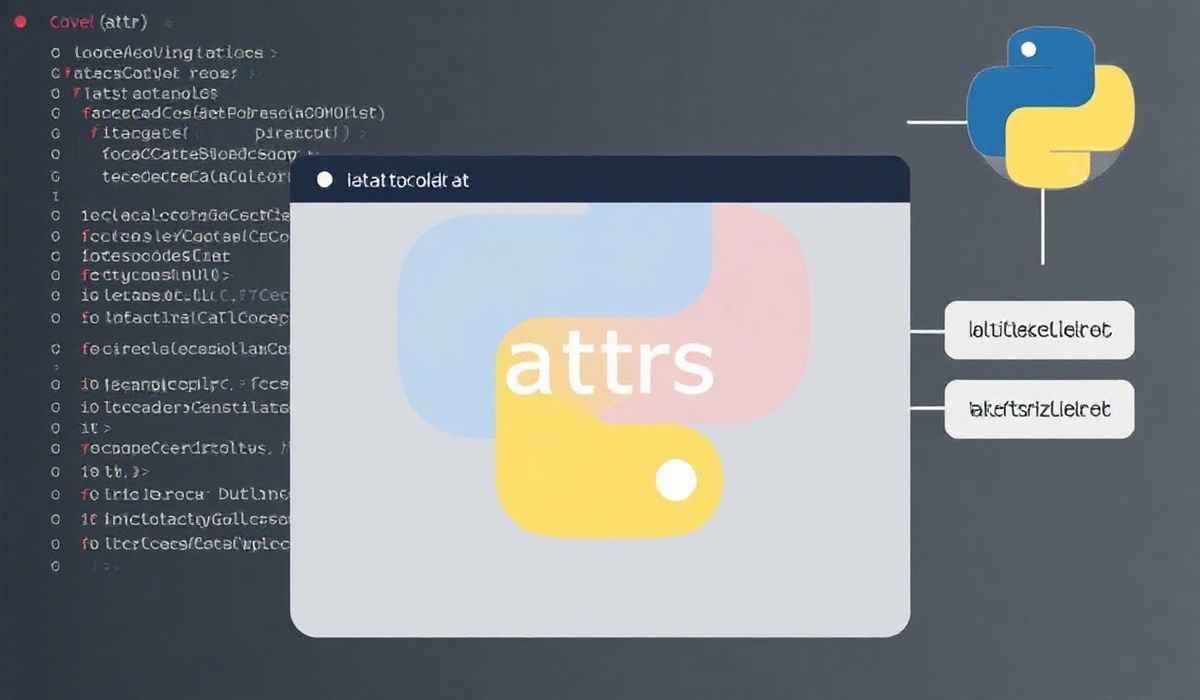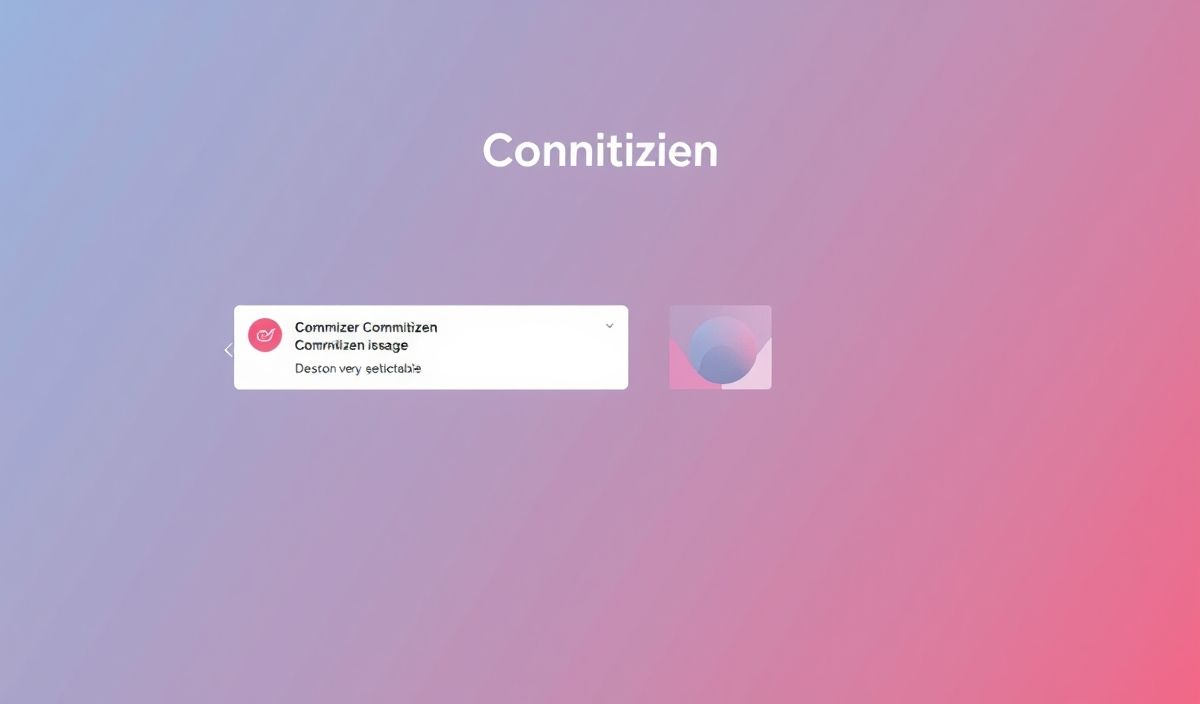Introduction to Typing Extensions
The typing-extensions Python library is a treasure trove for developers working with type annotations. It extends Python’s built-in typing module, providing forward-compatible and experimental typing features that aren’t yet available in the main typing module. These additions enable enhanced readability, error-checking, and code quality in Python applications.
Why Use Typing Extensions?
The standard typing module has been a core tool for improving type safety and static analysis in Python. However, Python’s typing system evolves over time, and not all features make it into the standard library immediately. Fortunately, typing-extensions acts as a bridge, offering access to new, experimental, or forward-ported type features regardless of your Python version.
Key APIs in Typing Extensions
1. Literal
Enables usage of specific literal values as types:
from typing_extensions import Literal
def process_status(status: Literal["success", "failure", "pending"]) -> str:
if status == "success":
return "Operation was successful!"
elif status == "failure":
return "The operation failed."
else:
return "Operation is still pending."
print(process_status("success"))
2. TypedDict
Defines dictionary-like objects with specific constraints on their structure:
from typing_extensions import TypedDict
class User(TypedDict):
name: str
age: int
email: str
user: User = {"name": "Alice", "age": 30, "email": "alice@example.com"}
print(user["name"])
3. Protocol
Allows defining behavioral contracts for objects:
from typing_extensions import Protocol
class Greeter(Protocol):
def greet(self) -> str:
...
class FriendlyGreeter:
def greet(self) -> str:
return "Hello, world!"
def perform_greeting(greeter: Greeter) -> None:
print(greeter.greet())
perform_greeting(FriendlyGreeter())
4. Annotated
Attaches metadata to types:
from typing_extensions import Annotated
def format_number(number: Annotated[int, "Must be a positive integer"]) -> str:
return f"{number:,}"
print(format_number(1000))
5. Self
Defines methods that return the same instance type:
from typing_extensions import Self
class FluentString:
def __init__(self, text: str):
self._text = text
def append(self, suffix: str) -> Self:
self._text += suffix
return self
def __str__(self) -> str:
return self._text
string = FluentString("Hello").append(" World").append("!")
print(string)
6. Final
Prevents subclassing of classes or overriding of methods:
from typing_extensions import Final MAX_SCORE: Final = 100 MAX_SCORE = 200 # Raises error in type checkers
7. @runtime_checkable
Makes a protocol usable with isinstance() and issubclass():
from typing_extensions import Protocol, runtime_checkable
@runtime_checkable
class Movable(Protocol):
def move(self) -> None:
...
class Car:
def move(self) -> None:
print("Car is moving!")
car = Car()
print(isinstance(car, Movable)) # Outputs: True
Real-World Example: Task Management App
Here’s a simple example of a task management app that utilizes several features from typing-extensions:
from typing_extensions import TypedDict, Literal, Annotated, Protocol
class Task(TypedDict):
title: str
status: Literal["todo", "in-progress", "done"]
priority: Annotated[int, "Priority must be between 1 (high) and 10 (low)"]
class Renderable(Protocol):
def render(self) -> str:
...
class TaskCard:
def __init__(self, task: Task):
self.task = task
def render(self) -> str:
return f"[{self.task['status'].upper()}] {self.task['title']} (Priority: {self.task['priority']})"
# Example data
tasks = [
{"title": "Write Blog Post", "status": "in-progress", "priority": 2},
{"title": "Fix Bugs", "status": "todo", "priority": 5},
{"title": "Release Update", "status": "done", "priority": 1},
]
for task_data in tasks:
task_card = TaskCard(task_data)
print(task_card.render())
By leveraging TypedDict, Literal, and Protocol, this task management app achieves highly structured and type-safe code, ensuring clarity and maintainability.
Conclusion
With typing-extensions in your toolkit, you can take advantage of the latest Python typing features, even if they aren’t officially part of the standard typing module yet. The library is a must-have for writing clean, maintainable, and type-safe Python code, especially for large-scale applications.




